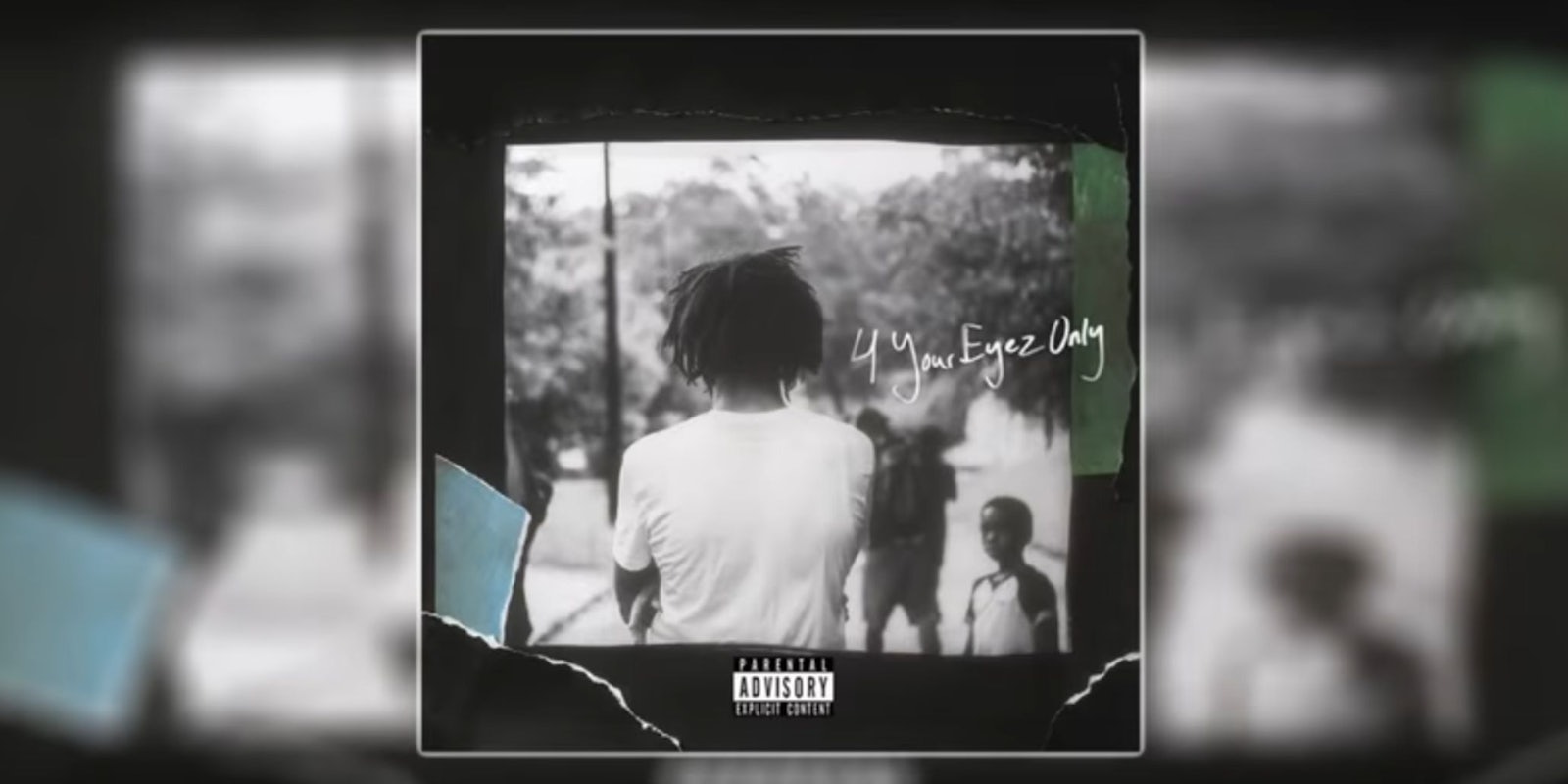Jermaine Cole has become something of a mainstream folk hero, the St. John’s student-turned-rapper who came out of nowhere to bless us with conscious real-to-life raps. The “people’s rapper,” as it were. Born and raised in Fayetteville, North Carolina, the most unlikely of rapper origins, he dropped projects centering around an introvert navigating his way through life, with honest-to-goodness lyrics and aw-shucks earnestness. After signing with idol Jay Z’s Roc Nation, this trend would largely continue.
Most importantly, Cole has also carved out an important online niche, as a man planted on the ground with main contemporary/competitor/comrade-in-rhyme Kendrick Lamar, who hangs as a benchmark above Cole’s work.
Cole was on the scene, speaking with Ferguson, Missouri, residents almost immediately after the events of Michael Brown’s death. 2014’s Forest Hills Drive—an adequate project famous for going double platinum with no features—and the accompanying tour sealed in Cole’s meat-and-potatoes viability.
https://twitter.com/SaigeSmoove/status/738535148589834240
But fairy-tale success and likability as a stand-up person have hid an aggressively average major label catalog.
Even more than his middling self-production, he’s become rap’s James Taylor. It’s not that his art isn’t listenable: Cole got hits. But Cole lacks distinction, raps that are more influential than serviceable. Cole’s going to warm your heart, but pushing buttons and boundaries seems to be off the table in his work.
But don’t tell that to his rabid fans, who have been all over his new album since Friday’s release.
He enjoys 10 of the 39 most streamed songs across Spotify‘s global users, as of this morning; and he’s projected to debut at No. 1, selling about 500,000 copies of new album 4 Your Eyez Only. (Like big rap releases are prone to these days, the project brings with it an accompanying documentary, which can be freely streamed.)
The concept of the record is that of two lives running parallel, Cole’s and an unnamed friend. Curiously, he actually leaves off the two pre-release singles hyping the album.
4 Your Eyez Only is an efficient affair, clocking in at just 44 minutes, as he recounts his life and that of his fallen friend to both Cole’s and his friend’s young daughters. “Déjà Vu” features Cole committing to some low-key dirty pimping over the production of trap-soul vocalist Bryson Tiller’s “Exchange” to positive effect. Companion tracks “Change” and more specifically “Neighbors” (“I guess the neighbors think I’m sellin’ dope”) push Cole’s growing activism, observing racial and class inequities. Fully exposed emotionally, Cole shines on the wife-and-daughter dedicated “She’s Mine,” a two-part suite championing authentic love.
Though love and hope are sufficient motifs, Cole still suffers from lack of specificity (even when he channels one very specific character). No particular track punches through. Per Cole’s usual, no new ground has been discovered.
But in the right space, 4 Your Eyez Only pierces hearts. J. Cole made another wildly popular, OK rap album—and for now, that’s fine.


